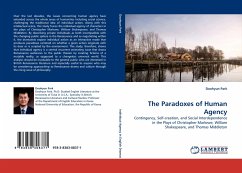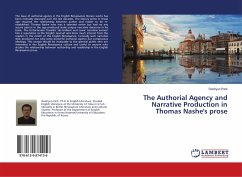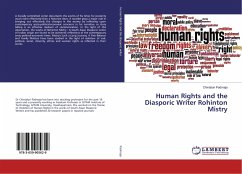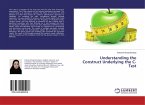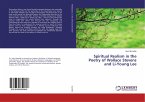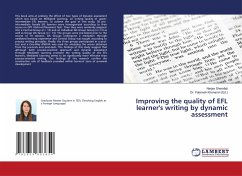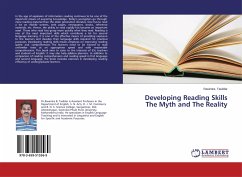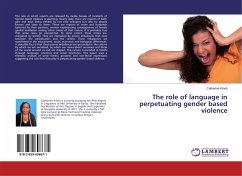Over the last decades, the issues concerning human agency have extended across the whole areas of humanities including social science, challenging the traditional idea of individual action. Along with this intellectual scene, this study traces the individual agency of characters in the plays of Christopher Marlowe, William Shakespeare, and Thomas Middleton. By describing private individuals as both incompatible with the changing public sphere in the Renaissance and as negotiating within it, the dramatists expose individual action as an interactive mode that produces paradoxes centered on whether a given action originate with its doer or is scripted by the environment. This study, therefore, shows that individual agency is a central recurrent animating issue that draws Renaissance audiences to the public theater by creating fictions of a mutable reality, as oppposed to a changeless universal world. This analysis should be invaluable to the general public who are interested in British Renaissance literature and especially useful to anyone who may be considering approaching to Renaissance drama and culture through the rising issue of philosophy.
Bitte wählen Sie Ihr Anliegen aus.
Rechnungen
Retourenschein anfordern
Bestellstatus
Storno

